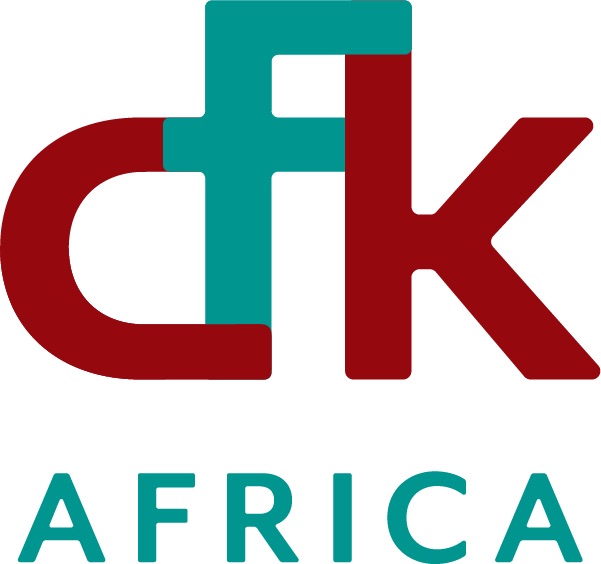Written by Wyatt Foster in collaboration with Elmard Rigan and Bentado Omiya.
If you’re searching for something to eat in Kibera, you may find yourself grabbing some dried sardines, smoked fish, or roasted maize from one of the many street vendors. Locals of this community often rely on such vendors given their relatively affordable prices and wide availability.
Despite the benefit of these foods being accessible, they are at risk of carrying food-borne diseases, which are a massive public health threat in Kibera. The Ministry of Health recently announced a cholera outbreak in the country, reporting a staggering 11,181 cholera cases and 196 fatalities in 26 counties as of July 18, 2023.
Bentado Omiya has been a Field Officer and Community Health Worker with CFK Africa since 2016. Omiya has seen first-hand the effects that inadequate access to clean water has on the Kibera community. She also understands the responsibility of food vendors in providing safe food for their customers, and how some of them are not currently doing so.
“Most of the food vendors in Kibera throw caution to the wind. The hygiene practices they employ are either insufficient or non-existent, and this puts the lives of those purchasing from them at risk, especially with the cholera outbreak. For instance, most of the vendors selling fish or githeri (mixed beans and corn) don’t cover their food, exposing it to dust and other pollutants that carry germs,” Omiya explained.
“In addition to this, most of the vendors don’t have running water, which is essential in ensuring their own safety and those of their customers. Those who have access to running water are not spared either because some of the water pipes run along sewer lines and if the pipes break, this means a host of waterborne infections.”

CFK Africa’s Response
CFK Africa has responded to the prevalent issue of unsanitary water through water, sanitation and hygiene (WaSH) initiatives, including building hand washing stations, education on hygiene, and water quality monitoring in collaboration with communities, schools, and government entities. As the Centers for Disease Control and Prevention’s (CDC) lead implementing partner for WaSH in Kenya, it has expanded its WaSH activities to Kiambu, Kisumu, Mombasa, and Nairobi.
Omiya is a champion of this work. “As a field officer; I ensure that the community I serve is safe. Alongside other field officers, I sensitize the community on the importance of hygiene practices at the household and business levels to combat the cholera menace in Kibera.

We conduct door-to-door visits reminding households on the importance of adopting basic hygiene practices like hand washing and proper waste disposal.
At the business level, especially with food vendors, we emphasize handwashing before and after handling food, proper cleaning of cutlery, proper covering of food items for sale, and proper packaging. We also put up educational materials provided by the Ministry of Health at their place of business to remind them and their clients of hygiene practices. In addition, we make referrals for critical cases of cholera at our Tabitha Medical Clinic and other health facilities to handle such emergencies.”
While a vaccine for cholera does exist, it is yet to have been disseminated in Kibera. CFK Africa’s work remains crucial to preventing the current spread and stopping future outbreaks.
“We believe that our efforts will go a long way in ensuring that the community has the right knowledge about cholera, keeping residents of Kibera healthy and reducing the spread of disease.”
